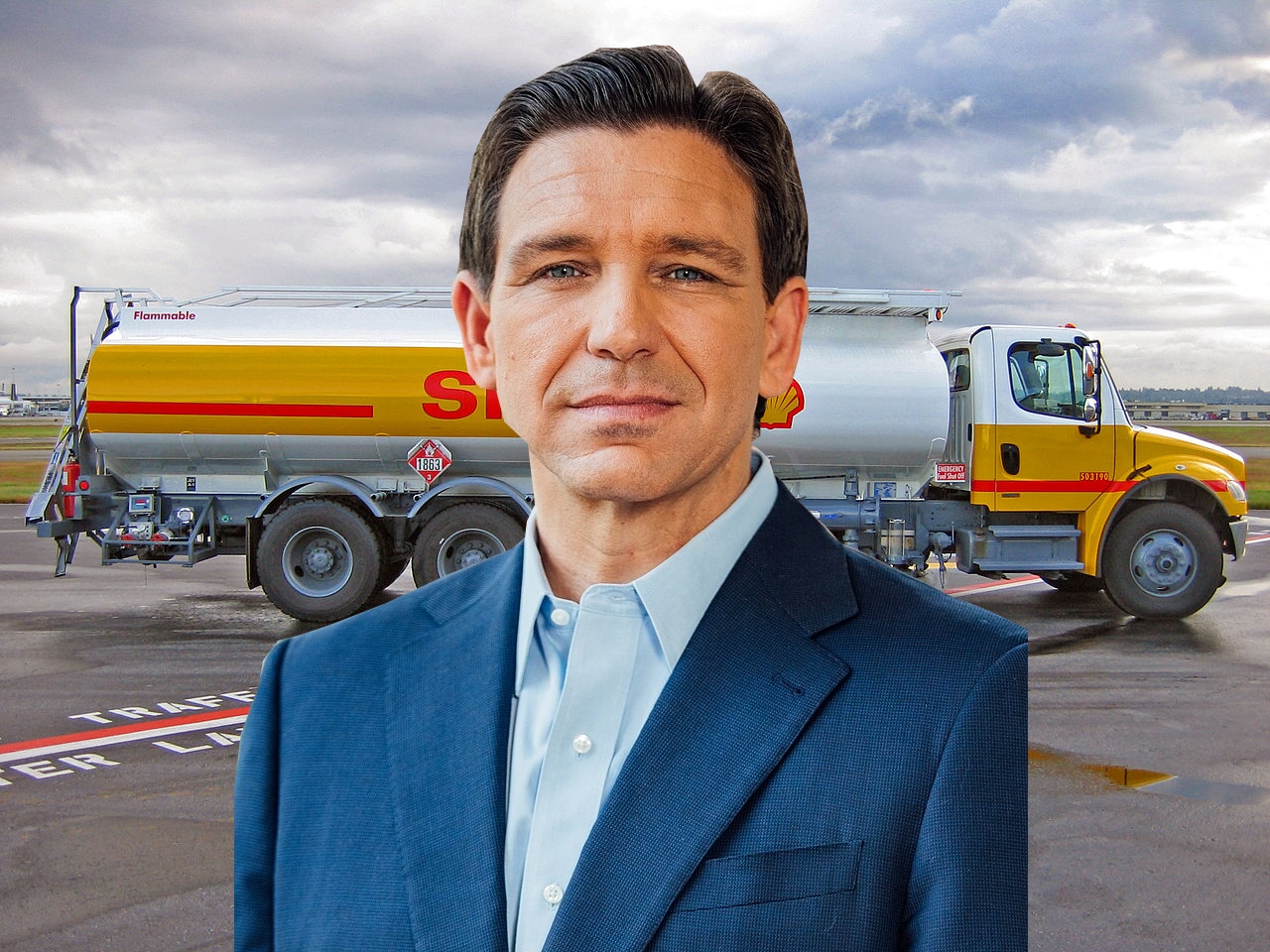In a strategic response to the gas shortages exacerbated by Hurricane Milton, Florida Governor Ron DeSantis has launched a new initiative to distribute free gas to residents affected by the storm. At a press conference, DeSantis detailed plans for three initial gas distribution sites along Florida’s western coast. These sites, located in Plant City, Bradenton, and St. Petersburg, are part of a broader effort to provide up to 10 gallons of free gas daily from 7 a.m. to 7 p.m., with additional sites planned in response to demand.
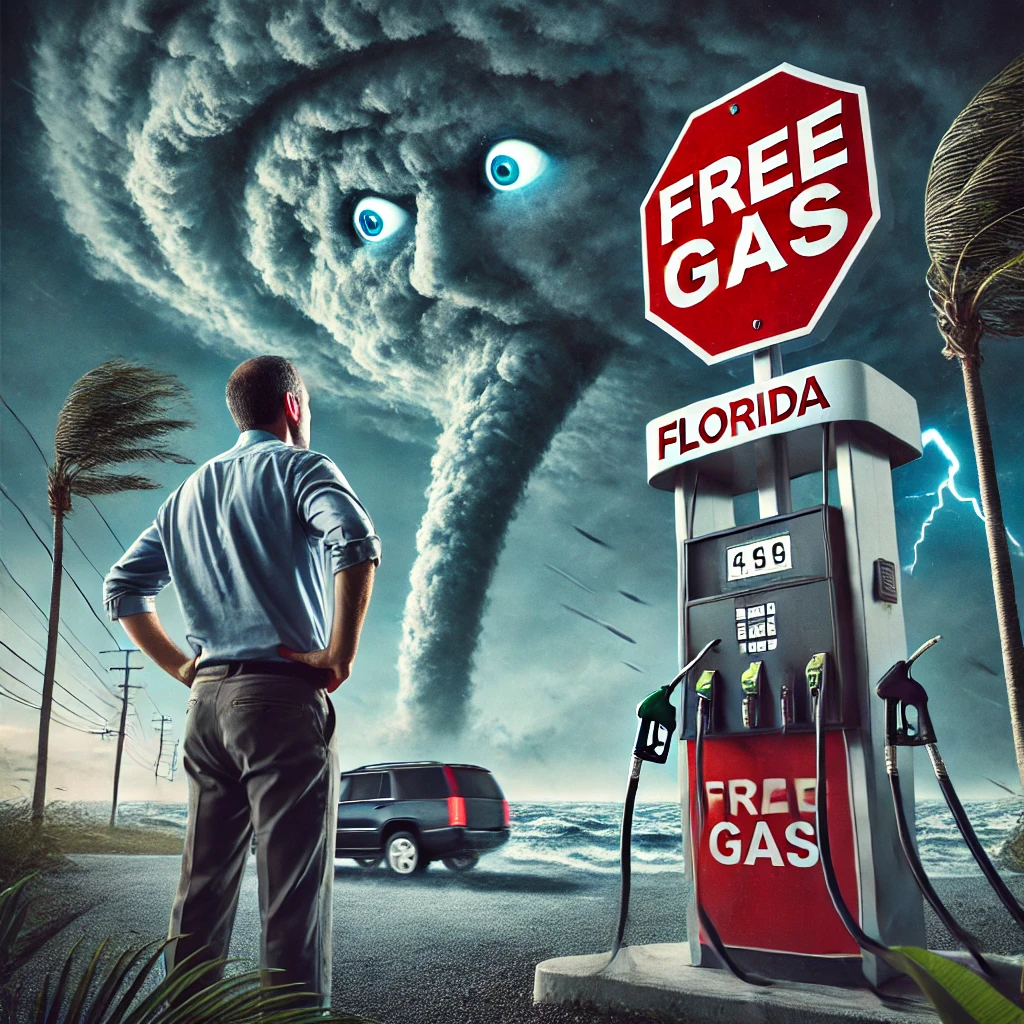
While these measures aim to mitigate immediate shortages, they paradoxically accelerate the state’s carbon dioxide emissions at a time when climate science increasingly points to CO2 as a significant driver of more intense and rapidly strengthening hurricanes. The irony is stark: as Florida rushes to get its fossil fuel consumption “back up to speed,” it is contributing to the very conditions that intensify the natural disasters from which it is trying to recover.
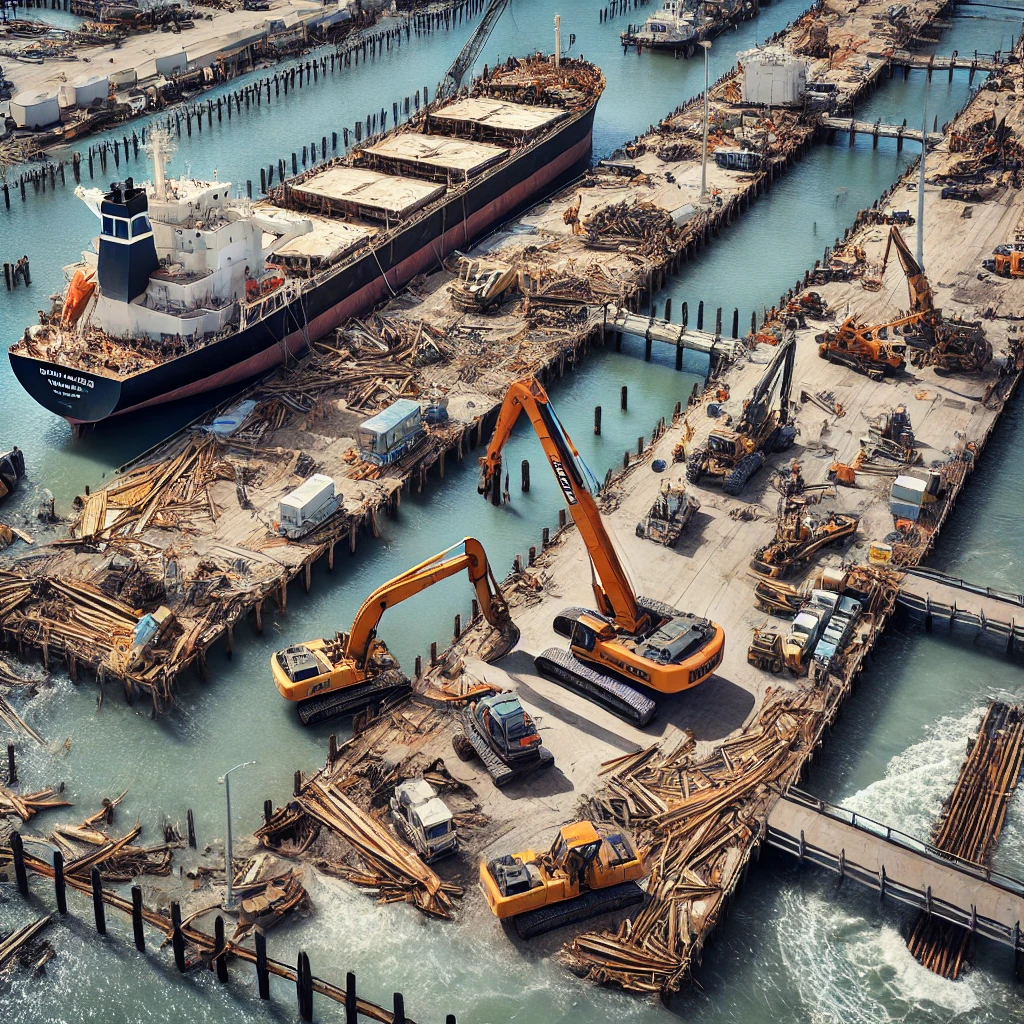
The initiative not only seeks to address the current fuel shortage but also involves substantial state funding, including $9.5 million announced by DeSantis during a visit to SeaPort Manatee. This funding is targeted at repairing and enhancing port facilities but also crucially aims to ensure the continued flow of fossil fuels into the state, emphasizing the strategic importance of fossil fuel logistics in Florida’s disaster response and economic stability.
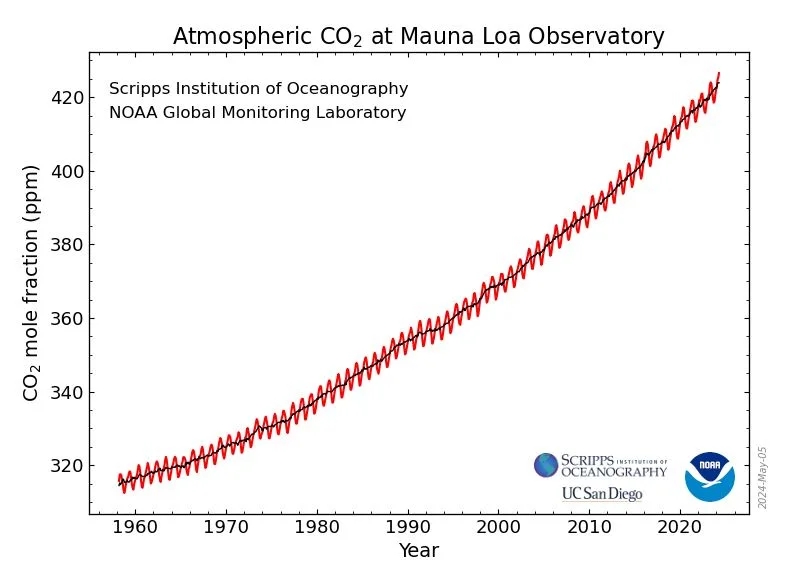
This approach raises profound concerns about the long-term environmental sustainability of such measures. While providing essential relief in the short term, it underscores a critical challenge—balancing immediate disaster responses with strategies that address broader climate change implications and environmental degradation.
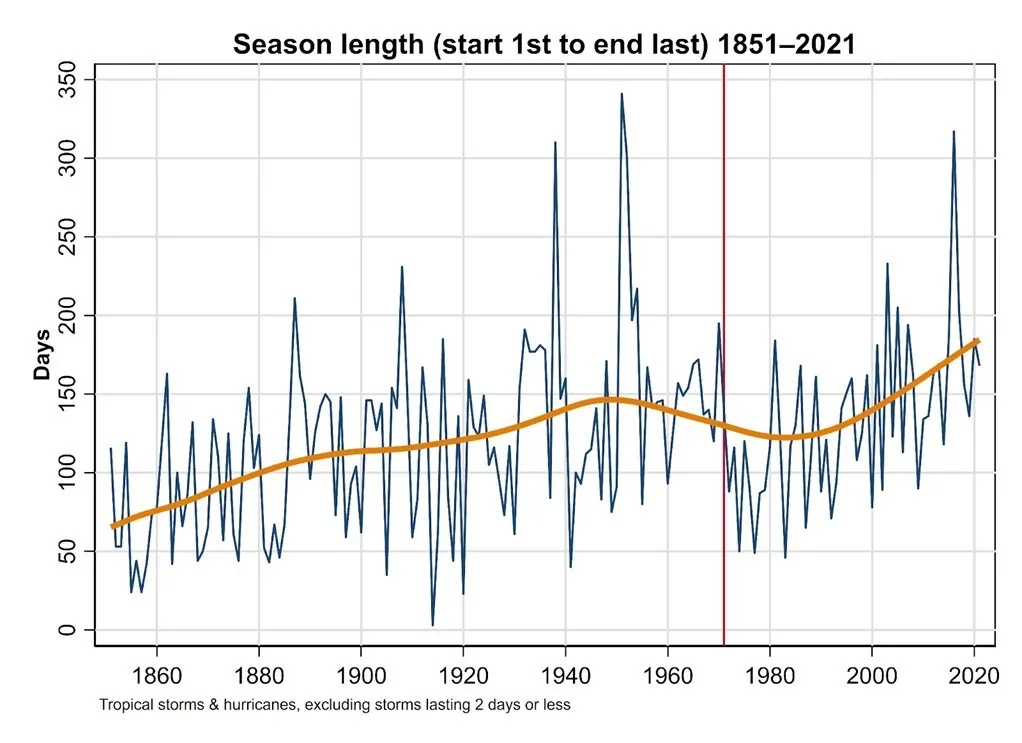
Scientists warn that the warming climate, driven by CO2 emissions, is making hurricanes like Milton more intense and frequent. As the planet warms, Florida experiences not only more powerful storms but also rising sea levels and more severe rainstorms, contributing to increased flooding risks and infrastructure damage. More Co2 emissions also increases the average length of the hurricane season.
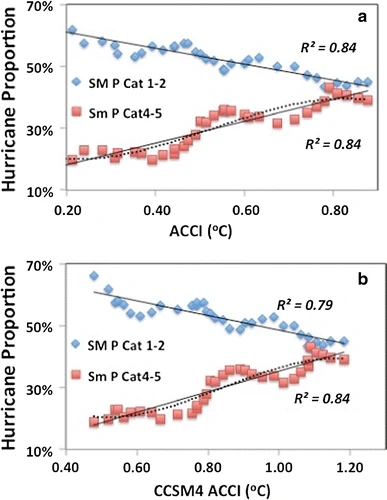
The strategy of rapidly reinstating high CO2 emissions through initiatives like free gas distribution, while necessary for immediate economic stability, presents an urgent conflict. Studys have shown that Fossil fuel consumption is directly leading to increased hurricane intensity.
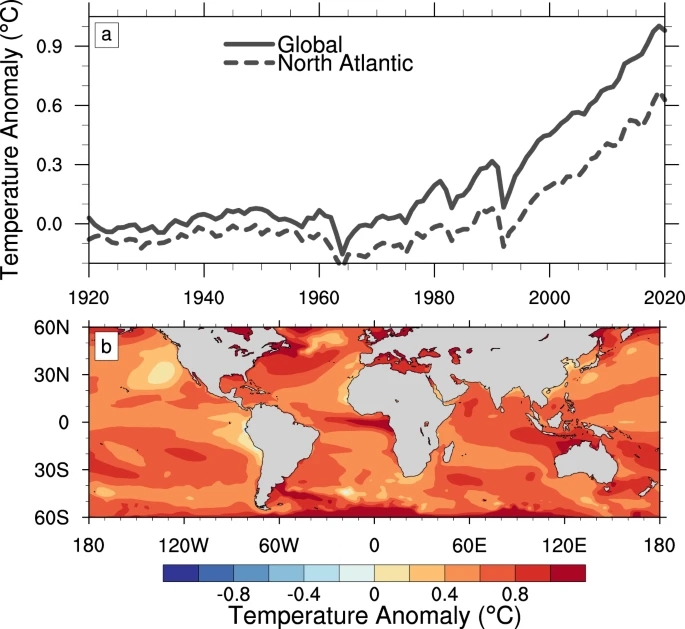
Florida’s leadership is pressed to reconcile these short-term relief efforts with the imperative for sustainable environmental policies. This balancing act between ensuring economic recovery and maintaining environmental responsibility is pivotal for Florida’s resilience against the ongoing challenges posed by climate change.

